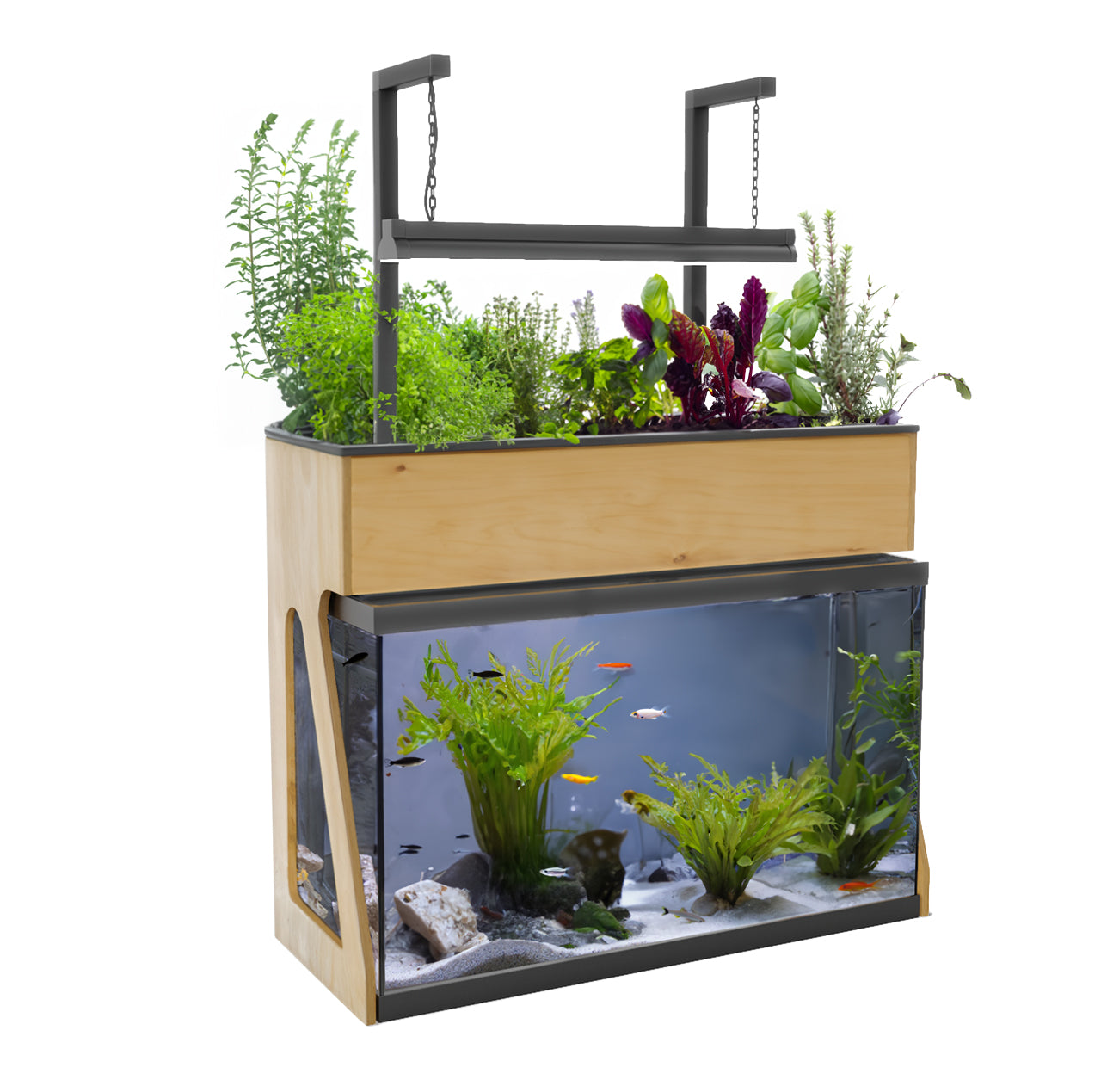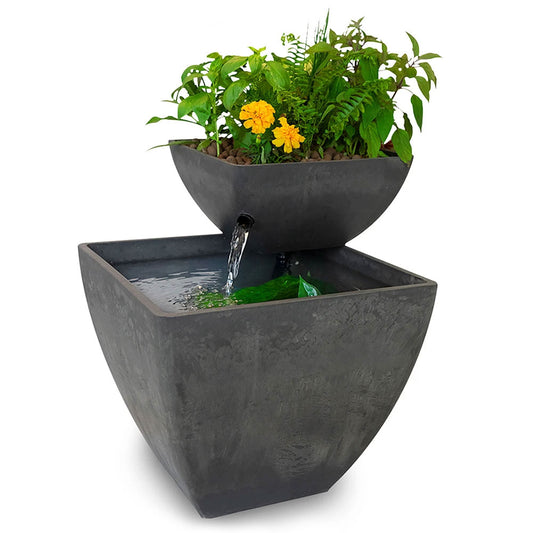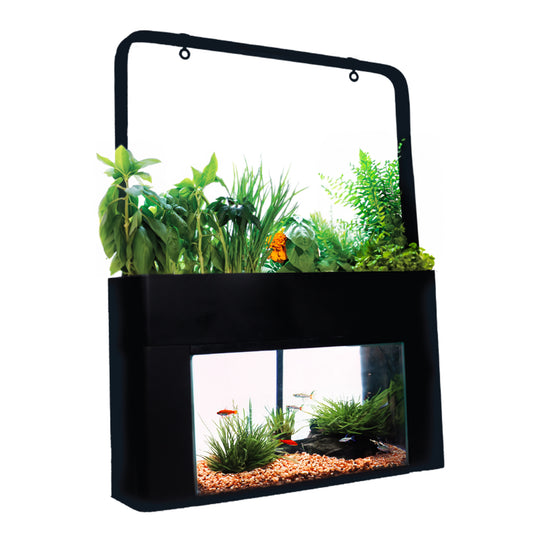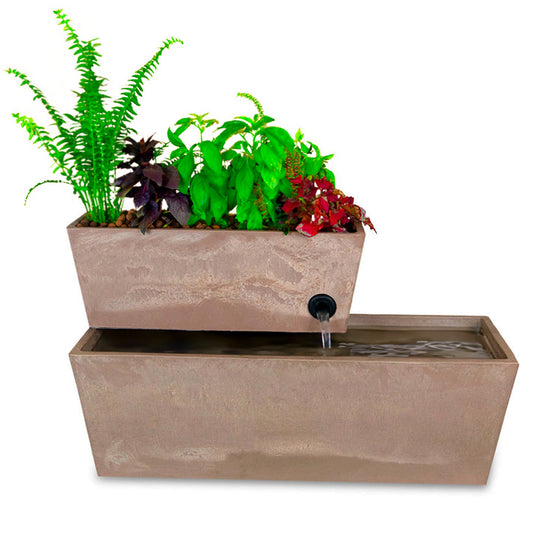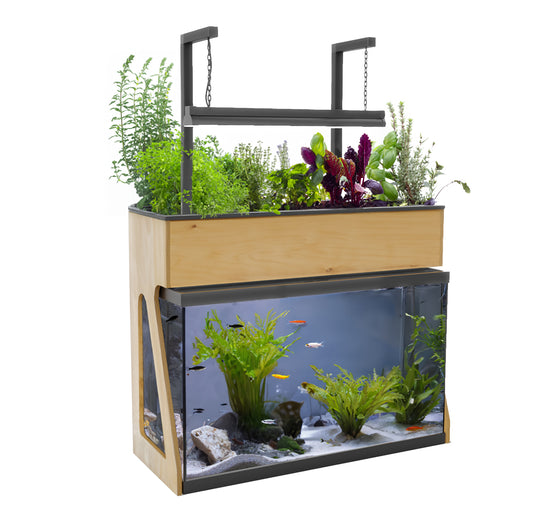As the world moves towards more sustainable and environmentally-friendly forms of agriculture, aquaponics is emerging as a viable, reliable option. It combines elements of aquaculture and hydroponics to create a symbiotic system that uses natural processes to produce food. It’s efficient, uses less water, and has the potential to provide a wide variety of fresh produce to feed a growing population. It’s no wonder that so many people are turning to aquaponics as an alternative to traditional farming methods.
Aquaponics is gaining attention in the educational setting, too. Schools, colleges, and 4-H clubs are exploring ways to introduce aquaponics into their classrooms and activities. The potential benefits to students are immense. Aquaponics offers a hands-on approach to learning, a welcoming environment for inquiry and exploration, and a window into the natural world.
For 4-H clubs, aquaponics offers an exciting and engaging way to learn about sustainable farming while having fun and building skills. By combining aquaculture and hydroponic principles, young people can explore the natural processes that go into producing food while learning about the importance of conservation and sustainability. Aquaponics is an ideal activity for a 4-H club, as it allows youth to develop an appreciation for the environment as well as gain practical experience in food production.
Aquaponics is an accessible and adaptable activity that can be tailored to fit any learning environment. With a few basic components, it’s easy to get started. In fact, many schools and 4-H clubs have already developed aquaponics systems and put them to use. In addition to the everyday elements of growing plants and caring for fish, aquaponics can be used to explore a wide variety of topics, from biology and chemistry to ecology and economics.
With so many potential applications, aquaponics is becoming an increasingly popular activity for 4-H clubs. It’s a perfect way to bring sustainable farming into the classroom while also incorporating engaging, real-world activities. As more 4-H clubs explore aquaponics, the potential benefits to students are endless.
Aquaponics provides an opportunity to explore nature, develop critical thinking skills, and learn about the environment in a way that is both educational and rewarding. It’s an activity that can be enjoyed by both experienced and novice participants, and its potential to teach important life lessons is limitless. As more 4-H clubs take up aquaponics, it’s clear that it will continue to be an important and engaging part of the learning process.
